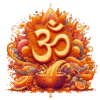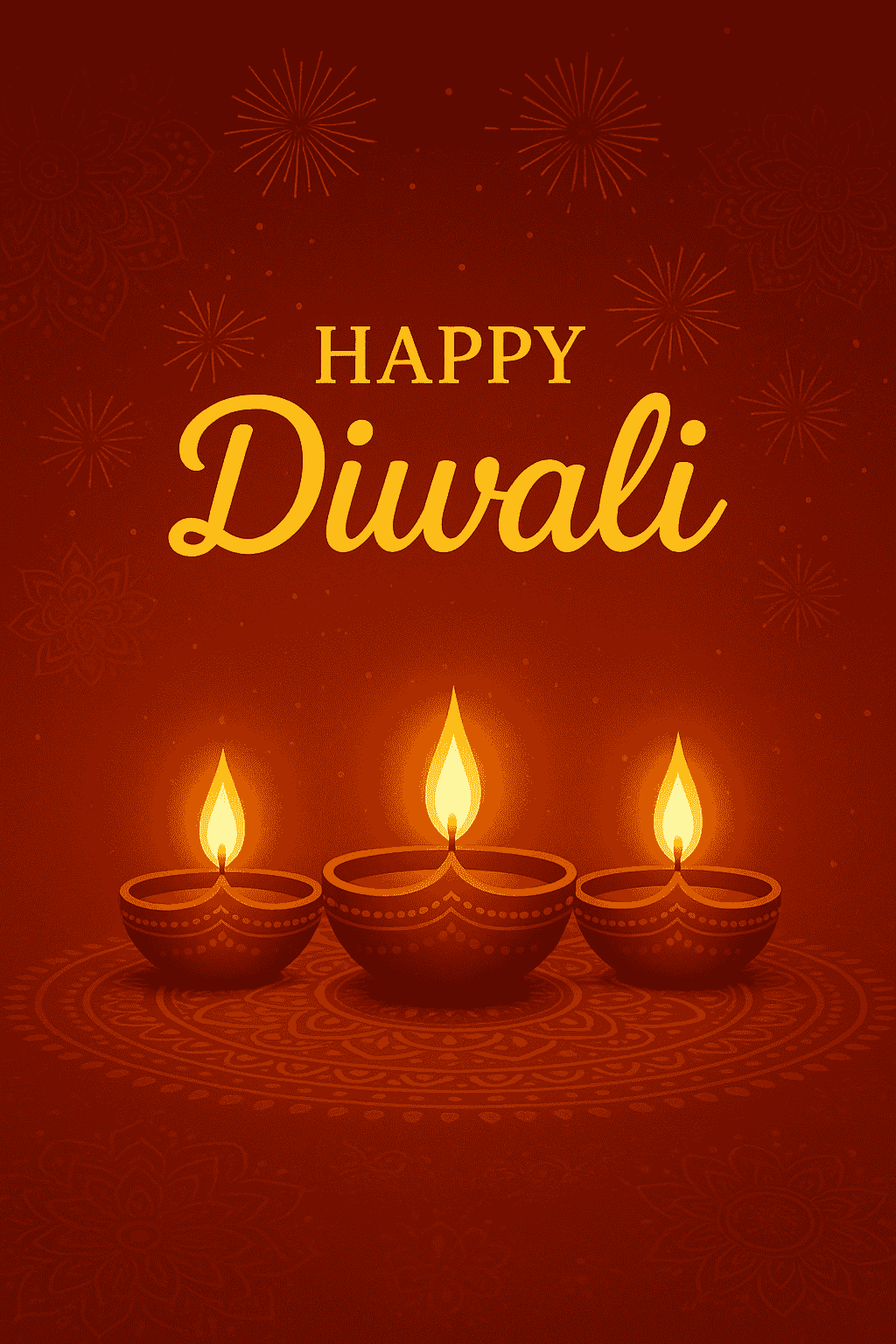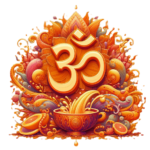Diwali is one of the greatest and most important celebrations for Indians living in India and in other nations. It’s a lovely celebration of lights. This is a time of happiness, introspection, and being together because of the bright lights, colourful fireworks, and emotional rituals. Let’s talk about what makes Diwali so great, from its history to how people celebrate it now.
What day is Diwali in 2025?
Lakshmi Puja, the primary day of Diwali, will happen on Friday, October 21, 2025. The festival lasts for five days, and each day has its own meaning. The fun will begin on October 19 and end on October 23.
Diwali’s Story and Myths

There are a lot of historical stories and customs regarding how Diwali began, and people in different parts of India celebrate different stories. The main idea is still the same: good beats bad and light beats dark.
One of the most well-known stories is the Ramayana. It tells the story of Lord Rama returning to Ayodhya after being gone for 14 years. He beat Ravana, the demon king with ten heads, while he was on the run.
Ravana had seized his wife, Sita. People in Ayodhya lit rows of clay lights, or diyas, to welcome him and illuminate his walk home. The most essential part of the occasion was lighting lamps. That’s why it was dubbed Deepavali, which means “a row of lighted lamps.”
The celebration in South India has a lot to do with the story of Lord Krishna beating the monster Narakasura. Krishna claimed that the day he beat the devil and set the universe free was a good day.
The Cultural and Spiritual Importance
Diwali is more than just a story from the past; it has a lot of cultural and spiritual meaning. It’s a time for deep thought and spiritual healing. The light from the diyas is like the light inside us that keeps us from being spiritually dark. It indicates that having hope is better than having despair and knowing is better than not knowing.
Many people also imagine about Diwali as the start of a new year. Companies close their old books and open fresh ones, believing that the new year will be better. The festival encourages people to let go of old grudges, make new friends, and start over. It’s a celebration of wealth, which includes more than just money, like health, family, and friends.
Holidays and Traditions
Diwali is a happy, colourful holiday that lasts for several days and has many traditions that bring families and communities together.
In the days leading up to Diwali, people clean their homes and places of work well. This is a sign that you are clearing out your life and making room for good energy. People then put up strings of lights, marigold garlands, and brilliant rangoli (intricate designs fashioned with coloured powders or flower petals) all over their homes.
Lamps that light up: Diwali night, every home, store, and public space is lit up with diyas and candles. This gorgeous performance is the primary event of the celebration, and it emits a warm and pleasant light all around.
Lakshmi Puja: The Lakshmi Puja is the most important thing that happens on Diwali. Families pray to Lakshmi, the goddess of success and wealth, together.
They tell her to come into their houses and wish them good luck and health for the following year.
Giving and eating are vital parts of every celebration. Families make and share a multitude of different snacks, some of which are sweet and others of which are salty. People frequently present gifts and sweets to their friends, family, and neighbours to demonstrate how delighted they are.
Fireworks: After the puja, the sky is usually full with vivid colours and the sounds of fireworks. This is a sign of happiness and keeps bad spirits away.
Current Trends in Diwali Celebrations
People still follow the main rituals, but the way they celebrate Diwali varies all the time. In recent years, there has been a growing trend towards events that are better for the environment. A lot of families are choosing “green” fireworks that don’t make as much noise or pollution, or they aren’t using them at all.
More and more towns and cultural groups are organising major public festivals where people can eat, dance, and listen to music.
These activities are considered community celebrations. This brings people from different backgrounds together to enjoy the festival. In the internet age, virtual parties bring individuals from all over the world together.
Video chats and other media make it possible for everyone to join in on the fun, so no one feels left out.
Diwali is more than just a holiday; it’s a powerful symbol of optimism, unity, and the idea that light will always win over darkness.
Krishna Mishra writes for Insights of Hinduism, where he shares heartfelt thoughts on festivals, traditions, and the timeless wisdom of Sanatan Dharma. His aim is to keep the essence of Hindu culture alive in a way that feels simple, authentic, and relatable to everyone.


